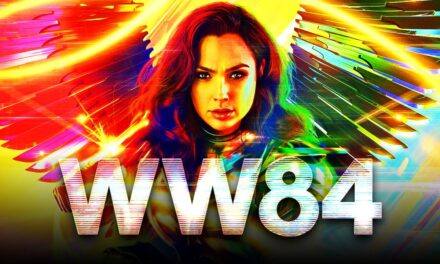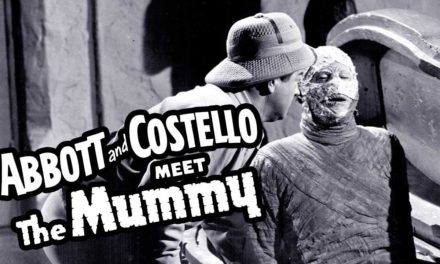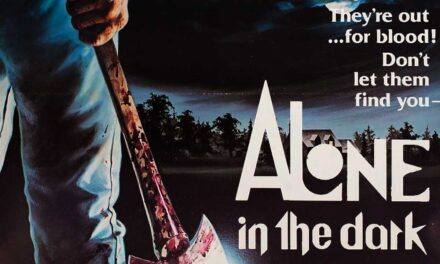In 1818, English author Mary Shelley published Frankenstein; or, The Modern Prometheus, a cautionary tale of a man playing God. The book came about due to a friendly writing contest between Mary, her husband Percy, and English poet Lord Byron. Upon its publication, the novel received critical praise as well as derision and was first adapted to stage in 1823. Almost 100 years later, Edison Studios released a silent film version of Frankenstein in 1910 directed by James Searle Dawley. After finding success with Dracula in 1931, Universal Studios head Carl Laemmle, Jr. announced plans for future horror films. Since their last film was an adaptation, they based this off the 1927 stage play based on the original novel. English filmmaker James Whale was hired after original director Robert Forley was removed, though Forley received some credit. Some months after the release of Dracula, Frankenstein emerged onto the big screen.
%
Rating
Synopsis
Dr. Henry Frankenstein (Colin Clive) and his hunchback assistant Fritz (Dwight Frye) have been digging up graves for an experiment. They gather up body parts of the recently buried, as well as bodies of recently hanged criminals for their work. Frankenstein plans to build a human body and transplant a human brain in an attempt to create life. Fritz is sent out to collect a fresh brain, but he accidentally destroys it and grabs an abnormal brain instead. Meanwhile, Henry’s fiancee Elizabeth (Mae Clarke) confides in their friend Victor (John Boles) about her concerns for Henry. One night, Elizabeth, Victor, and Henry’s teacher Dr. Waldman (Edward Van Sloan) go to confront Henry about his work. They bare witness to Frankenstein’s monster (Boris Karloff) coming to life, who soon escapes after being attacked by Fritz. The monster tries to make friends, only to be hunted by the local villagers.
Review
Like its predecessor, Frankenstein is yet another classic from the Golden Age of horror cinema courtesy of Universal Studios. James Whale’s direction is superb, taking full advantage of the sets and staging some fantastic sequences around them. Speaking of, the laboratory and village sets are impressive, having a very gothic style that mixes elements of German Expressionism. The cast does a wonderful job, most notably Colin Clive as the crazed yet determined Dr. Henry Frankenstein. While his methods are questionable, you almost sympathize with him and want him to succeed in his work. Similar to his Renfield in Dracula, Dwight Frye delivers another eccentrically crazy performance as the hunchback assistant Fritz. Likewise, Van Sloan once again works as the authoritative figure, as well as having a fun part in the prologue. The rest of the cast, including Clark and Boles, deliver solid performances in their supporting roles.
However, the real star of the show is William Henry Pratt, aka Boris Karloff as the intimidating yet sympathetic monster. Brought to life thanks to the make-up wizardry of Jack Pierce, Karloff delivers a wonderfully nuanced performance as the monster. Though he doesn’t have any dialogue and speaks mostly in grunts, he’s very expressive and gives off tons of emotions. It’s very reminiscent of the overly expressive performances of silent film actors like Charlie Chaplin and Lon Chaney. The way he plays the monster, he adds a childlike innocence to the character who doesn’t know any better. My only gripes with the film are some plot contrivances during the third act, though these can be excused. That said, this is still a masterclass in horror cinema that, like Dracula, is required viewing for budding aficionados. Overall, Frankenstein is a monster movie classic that, like the creature, will never die.
Buy Frankenstein from Amazon: https://amzn.to/3jtalSH




